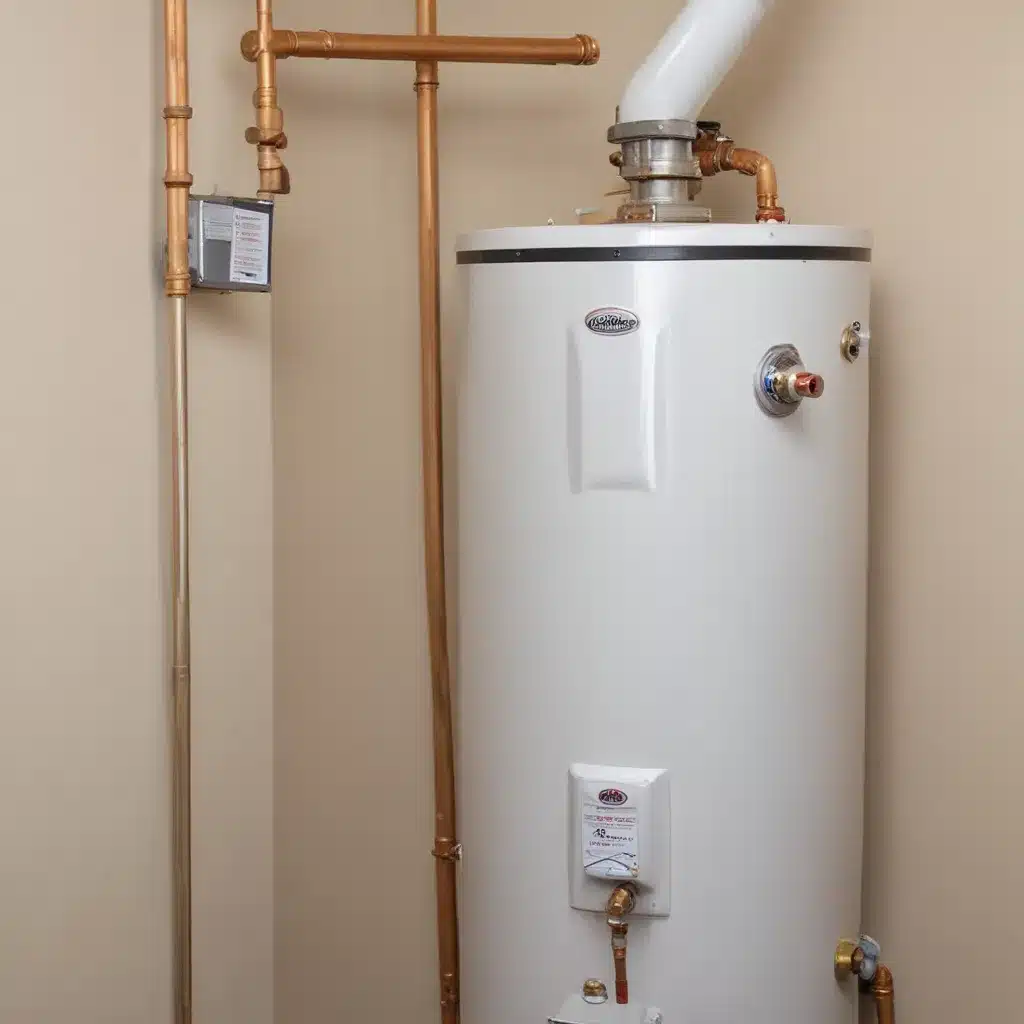
As an experienced water heater specialist, I’ve seen firsthand the importance of being prepared for unexpected issues with these essential home appliances. Water heaters are often tucked away in basements or utility closets, and it’s easy to forget about them until something goes wrong. However, by understanding how to properly shut off your water heater in an emergency, you can prevent significant damage and minimize costly downtime.
Water Heater Basics
Before diving into emergency shutoff procedures, let’s review some fundamental water heater knowledge. There are several types of water heaters, including traditional tank-style, tankless, and hybrid models, each with its own unique features and maintenance requirements. Correctly sizing your water heater to match your household’s hot water needs is crucial, as is understanding the typical lifespan of these appliances (often 8-12 years, depending on usage and maintenance).
Water Heater Maintenance
Proper maintenance is key to extending the life of your water heater and preventing unexpected failures. This includes regularly flushing the tank to remove sediment buildup, replacing the anode rod to prevent corrosion, and checking the thermostat and heating elements to double-check that they are functioning correctly. By staying on top of these routine tasks, you can dramatically reduce the risk of water leaks or sudden breakdowns.
Plumbing Techniques
Shutting off the water supply to your water heater is a fundamental plumbing skill. This involves locating the shutoff valve, usually near the top of the tank, and turning it clockwise to the closed position. Once the water supply is cut off, you can then drain the tank by connecting a hose to the drain valve at the bottom and allowing the water to flow out. Familiarizing yourself with these basic plumbing techniques will prove invaluable in an emergency.
Emergency Water Heater Shutoff
Now, let’s explore the crucial steps to take when faced with a water heater emergency, such as a leak or imminent failure.
Identifying Leak or Failure
The first sign of trouble is often a visible leak or water pooling around the base of the water heater. This could indicate a cracked tank, a faulty pressure relief valve, or a problem with the plumbing connections. Other warning signs include strange noises, fluctuating water temperatures, or a sudden drop in hot water availability.
Shutoff Valve Location and Operation
Quickly locating and operating the water heater shutoff valve is critical in these situations. The valve is typically located near the top of the tank, either on the cold water inlet or on the gas or electric supply line. Turn the valve clockwise to the closed position to stop the flow of water into the tank.
When to Shut Off the Water Heater
There are a few key scenarios when you should consider shutting off the water heater:
- Active Leak: If you notice any water leaking from the tank, connections, or surrounding area, immediately shut off the water supply to prevent further damage.
- Imminent Failure: If the water heater is making unusual noises, the water is not heating properly, or you suspect the tank is about to rupture, shutting off the water can help minimize the consequences.
- Power Outage or Natural Disaster: During a power outage or in the aftermath of a natural disaster, such as a hurricane or flood, shutting off the water heater can protect it from potential damage caused by fluctuations in the water or electrical supply.
By taking quick action and shutting off the water supply, you can prevent the water heater from continuing to leak, potentially causing extensive water damage to your home.
Water Heater Installation
Proper installation is another critical factor in ensuring the long-term reliability and safety of your water heater. When selecting a new unit, be sure to choose one that is appropriately sized for your household’s hot water needs. Keep in mind factors like the tank capacity, recovery rate, and energy efficiency. double-check that the water heater is installed with the correct ventilation, clearances, and connections to the electrical or gas supply.
Safety Considerations
Safety should always be the top priority when dealing with water heaters. These appliances can pose several hazards, including the risk of scalding from hot water and steam, electrical shocks, and gas leaks. Always exercise caution when working with water heaters, and be sure to comply with all local building codes and safety regulations.
Common Water Heater Issues
Even with proper maintenance, water heaters can still encounter various problems, such as sediment buildup, pressure relief valve issues, and leaks or corrosion. Addressing these issues promptly can help prevent more extensive damage and double-check that your water heater continues to function reliably.
Preventive Maintenance Strategies
To minimize the risk of water heater emergencies, it’s essential to follow a regular maintenance schedule. This includes flushing the tank, inspecting the anode rod, and checking the thermostat and heating elements. Additionally, upgrading older water heaters with more energy-efficient models can improve performance and longevity. Proper insulation and regular inspections can also help maintain optimal efficiency and prevent issues.
By understanding the importance of emergency water heater shutoff, mastering the necessary plumbing techniques, and implementing preventive maintenance strategies, you can safeguard your home and minimize the impact of unexpected water heater failures. Remember, being proactive and staying informed are key to keeping your water heater in top condition and ensuring your household’s hot water needs are met without interruption.
For more information on water heater maintenance, installation, and troubleshooting, be sure to visit WaterHeaterPick.com. Their team of experts is dedicated to providing comprehensive resources to help homeowners and professionals alike keep their water heaters running smoothly.
Tip: Flush your water heater tank at least once per year

